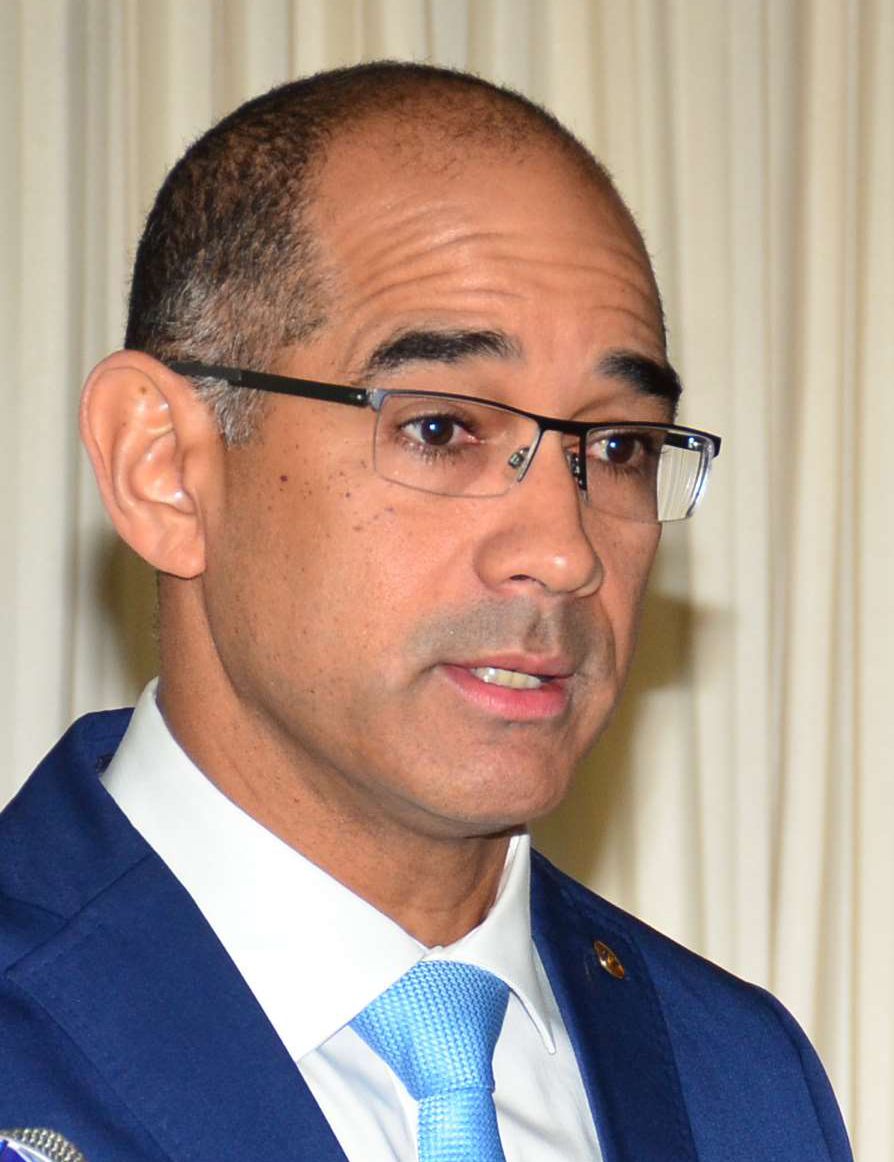(Trinidad Guardian) The number of people killed by police in the last year has risen by 86 per cent, a figure that is of concern to the Police Complaints Authority (PCA).
For this year, 43 people have already been killed by the police, the majority being Afro-Trinidadians.
Trends show the killings have occurred primarily in the North Eastern Division and stemmed from 32 shooting incidents between January to June.
There have been multiple killings arising out of single incidents, such as the one which occurred on Friday involving Joel Jacob, Israel Clinton and Noel Diamond, all of whom were shot dead by officers of the Inter-Agency Task Force and the Guard and Emergency Branch.
Statistics obtained by Guardian Media show the 86 per cent increased in police-related killings for this year compared to the same period last year.
The statistics also show a 60 per cent increase in police-related killings between 2018 and 2019.
This three-year rise in police-related deaths has been of concern to the director of the PCA David West.
In an interview with Guardian Media, West said the PCA was concerned with every police-involved fatal and non-fatal shooting.
“There is a standing policy since I assumed directorship of the PCA that an investigation is initiated into every police-involved shooting fatal and non-fatal. To date, there have been 32 incidents of police-involved shootings. Out of those 32 incidents, there have been 43 victims,” he said.
Asked whether he was concerned about possible cover-ups, West assured that full, fair and thorough independent investigations are being conducted into all reported incidents of alleged police misconduct.
“The PCA is also conscious that we do not pre-empt the outcome of these investigations. Our inquiries look at all the circumstances and whether the use of force by officers was justified and proportionate in each of these instances. Upon the conclusion of an investigation, the authority makes an assessment and forms an opinion as to whether or not the subject matter of the complaint has been substantiated,” he said.
Under Section 44 (2) of the PCA Act, the Authority would then recommend whether consideration should be given to prosecute any person for a criminal offence.
“The recommendation is then forwarded to the DPP and to the Commissioner of Police for disciplinary action,” he said.
Asked whether he saw the video showing the Morvant shooting, West said, “The PCA is aware of the video that has been circulating in social media. An investigation has been initiated. The matter will be fully investigated and upon conclusion, if warranted recommendations will be made to the relevant bodies.”
Asked what could be done to ensure that law and order are followed at all times by police officers, West said, “The ‘use of force’ policy of any police service is an essential tool in helping officers respond to potentially dangerous and challenging situations. This, however, must be reasonable, appropriate and proportionate.”
He noted that law enforcement officers should, as far as practicable, apply non-violent means before resorting to using force when carrying out their duties.
“In the event that they must resort to force, only the minimum force necessary to achieve the required objective ought to be employed. This is why the PCA has been advocating for the use of tasers as a means of a non-lethal weapon. Additionally, this is why the PCA promotes the use of body-worn cameras (BWCs) and vehicle dash cameras,” he added.
He noted that the use of body cameras was an important tool “with the potential to enhance transparency and accountability and to engender greater trust in police officers.”






